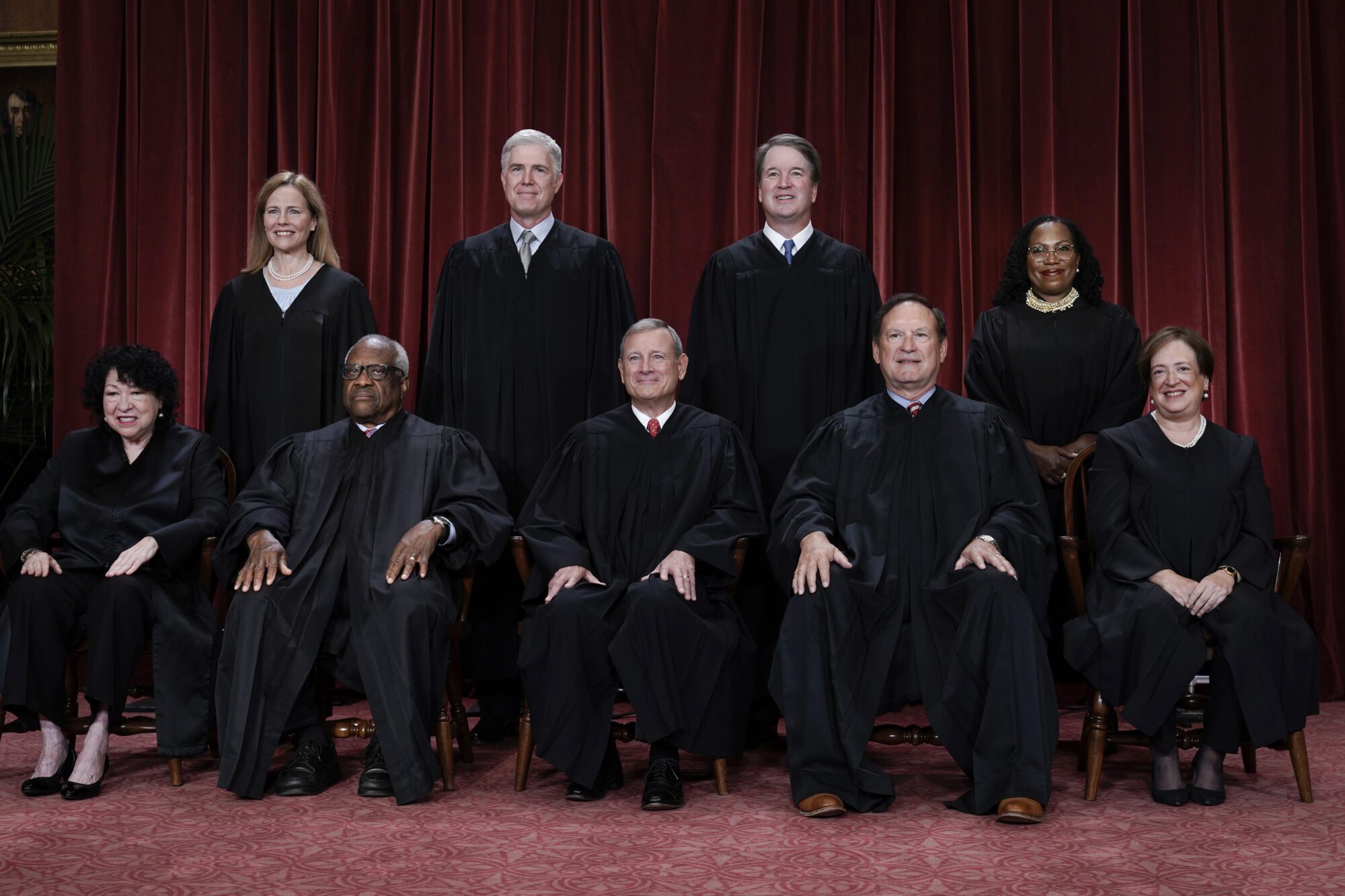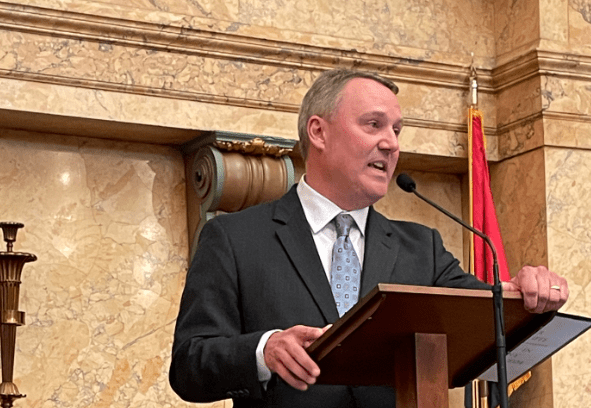Wicker: Mississippi is Reaping the Benefits of the New Farm Bill
WASHINGTON, Oct. 20 — The office of Sen. Roger Wicker, R-Miss., issued the following weekly report:
During the month of October, scenes of hard-working farmers bringing in the year’s harvest are commonplace in Mississippi. More than 42,000 farms populate our landscape, growing commodities such as poultry, catfish, cotton, corn, soybeans, and peanuts. According to the Mississippi Department of Agriculture and Commerce, the industry totaled $7.5 billion in 2013, making it the largest job creator in the state.
Congress took steps earlier this year to provide farmers and ranchers across the country with a number of key program revisions. These new tools were included in a comprehensive “Farm Bill,” which was signed into law in February 2014. The U.S. Department of Agriculture (USDA) recently reported that progress has been made on “every (part) of the Farm Bill including risk management tools, farm loan programs, agricultural research, and disaster relief to farmers and ranchers.” But more work remains to be done.
Certainty and Stability for Farmers
Farming and ranching operations are highly dependent on cooperating weather and consumer demand. They constantly battle razor-thin profit margins. To combat these challenges, USDA is in the process of implementing the law’s new risk management tools, including price and revenue protections, and crop insurance reforms. These reforms will help provide farmers certainty and stability when making decisions about production loans, equipment, and crop insurance costs. Producers and taxpayers should soon begin to see the results of these critical improvements.
One of the most significant parts of the law is the reduction in overall mandatory spending — $23 billion over the next 10 years, including vital reforms to the nation’s food stamp program. Mississippi is fortunate to have Sen. Thad Cochran, R-Miss., leading the way on developing the new Farm Bill. As the lead Republican on the Senate Agriculture, Nutrition, and Forestry Committee, he saw that the law was both fiscally responsible and beneficial to every Mississippian.
InsuranceNewsNet
10/26/14







